Why is the so-called ‘health advice’ kept secret from us?
The lack of transparency by the Victorian government suggests it has something to hide.
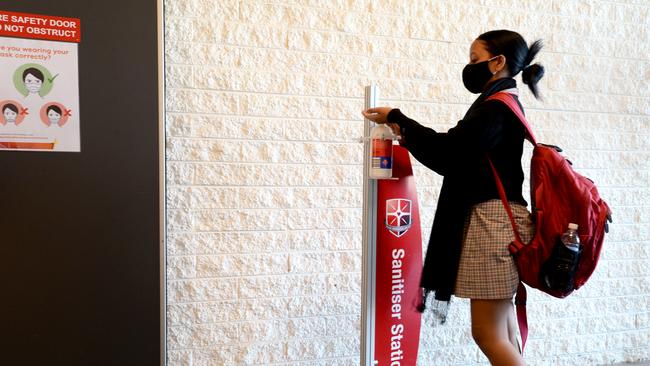
There’s a scene in The Wizard of Oz when Dorothy’s dog Toto pulls back the curtain to reveal the wizard is just a man pressing buttons in a booth. “Pay no attention to that man behind the curtain,” he shouts.
The glimpses that we have had behind the Covid policy-making curtain in our own Oz have hardly been reassuring.
A strange dichotomy occurred as Victoria’s lockdown ended and the state went from famine to feast; 9pm curfew one night and a 10-guest dinner party the next.
The health advice changed to facilitate the one factor behind the spread of Covid in Victoria – home visits – while mandating a controversial measure with little data to support it – primary school mask mandates.
A cynic might think the health advice was being determined by polling rather than by science.
By making masks mandatory for primary school kids, the Andrews government turned teachers into enforcers of its mask mandate in classrooms rather than focusing on providing a nurturing learning environment for kids traumatised by 18 months of lockdowns and almost a year of missed schooling.
Mandating masks, as opposed to recommending them, means the kid whose glasses fog up can’t take off her mask without getting into trouble. Or the seven-year-old whose face is itchy or whose ears are hurting from mask straps can’t remove it without breaking the law and forcing the teacher to play police officer.
It’s a fantasy to think that masks, often ill-fitting on children and thus rendering any effect useless, are kept sterile or hygienic in primary school classrooms.
Inevitably, they will be dropped, stepped on, accidentally worn by someone else, left on germy desks and touched repeatedly by usually grubby hands.
Then there are concerns by pediatric developmental experts about the negative impact of masks on young kids’ speech and listening skills, as well as children being deprived of seeing smiling, happy faces and a range of non-verbal cues as they are conscripted into the grim theatre of the pandemic.
Don’t get me wrong, that would all be worthwhile if a policy of mandatory masking of primary school kids was supported by scientific evidence, certainly in places such as Melbourne with high vaccination rates. In NSW, masks are mandatory for high school aged children but only recommended for primary kids.
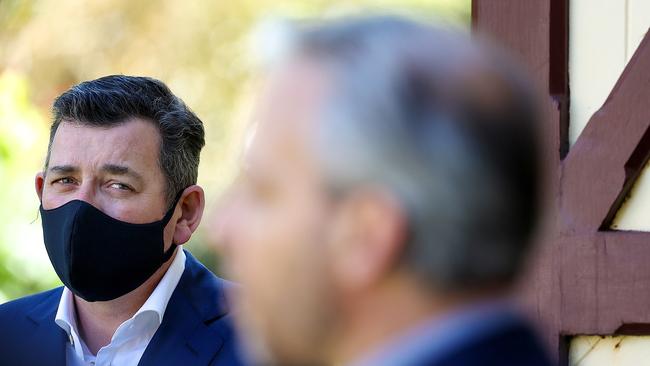
Whatever evidence there is globally about the efficacy of masks for kids in classrooms is well into contentious territory. For this reason, they are not required in many parts of Europe.
Epidemiologist Ewan Cameron from Perth’s Telethon Kids Institute wrote an article in The Age this month saying the data that Victoria’s chief health officer Brett Sutton cited when he announced compulsory masks for primary school kids was flat out wrong.
Instead of the figure cited by Sutton that 8 per cent of British kids missed school due to Covid infections when they returned to school, that number was actually less than 1 per cent, Cameron wrote, thus undermining the main basis for Sutton’s primary school mask mandate.
Cameron’s article also suggested that Sutton might be acting under the guidance of OzSAGE, a lobby group of pro-lockdown experts who he said was “scaremongering” with incorrect statistics such as that 1 to 3 per cent of unvaccinated children may be hospitalised for Covid. The actual number, he said, was 0.13 per cent.
Adding their voices to the fray, former deputy chief medical officer Nick Coatsworth and Deakin epidemiology department head Catherine Bennett issued a diplomatic yet damning indictment of Victoria’s pandemic restrictions and “whether the evidence relied upon to make them is sound”.
The lack of transparency is such that Victorians don’t know who has been advising their chief health officer and whether there has been a rigorous decision-making methodology in place that harnesses diversity of expert opinion.
Victoria’s ballooning Covid numbers during the final weeks of its stringent lockdown showed many restrictions were ineffective and even counter-productive. Many people were infected during surreptitious home visits that might not have occurred if there had been an option to meet outdoors throughout the lockdown without the risk of arrests and fines. Instead, Victoria’s CHO focused on measures that experts say don’t curb the virus, such as curfews and outdoor masks.
A Victorian deputy CHO said in May that the outdoor mask rule was based on a view by the Victorian department of health that 5 per cent of transmissions occurred outdoors. That figure is out by a factor of 50. International studies show that just 0.1 per cent of cases are transmitted outdoors.
It’s not surprising that Victoria’s health bureaucrats got it wrong. The fact is that the state’s health bureaucracies don’t have the mechanisms to manage a pandemic. They should never have been leading the charge.
That should have been done by The Australian Health Protection Principal Committee. Every state and territory’s chief health officer has a seat at the table. The committee is advised by working groups of leading experts. That the AHPPC hasn’t been guiding us through the pandemic is one of the great failures of Australia’s Covid response.
In April 2020, the AHPPC determined that schools were safe and should remain open. Global data today shows that this view was correct.
The Victorian government has fought tooth-and-nail to block the release of health advice. A state commissioner ordered the release of documents supporting an earlier lockdown. While social media wits joked the health advice was being quickly written retrospectively, there’s no doubt that it will all eventually come out.
Transparency translates into accountability. The lack of transparency over what’s behind the curtain of Australia’s pandemic decision-making has let down millions of people with decisions that have at times backfired, or caused collateral damage we will still be counting for years to come.
Megan Goldin is the Melbourne-based author of The Night Swim

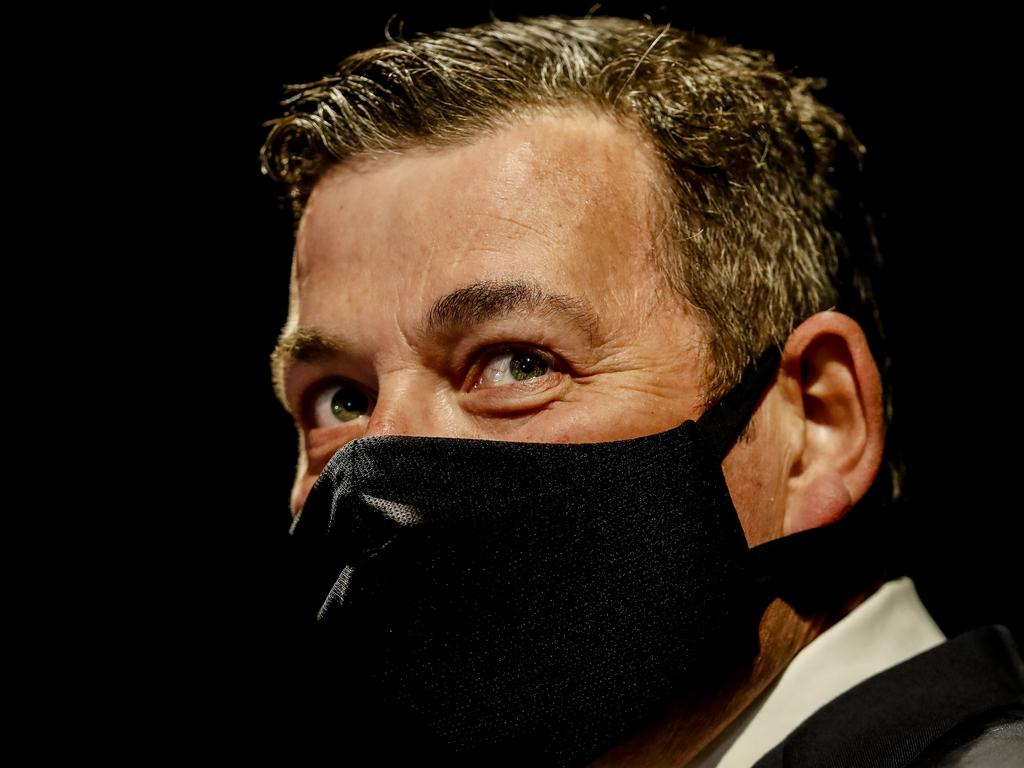
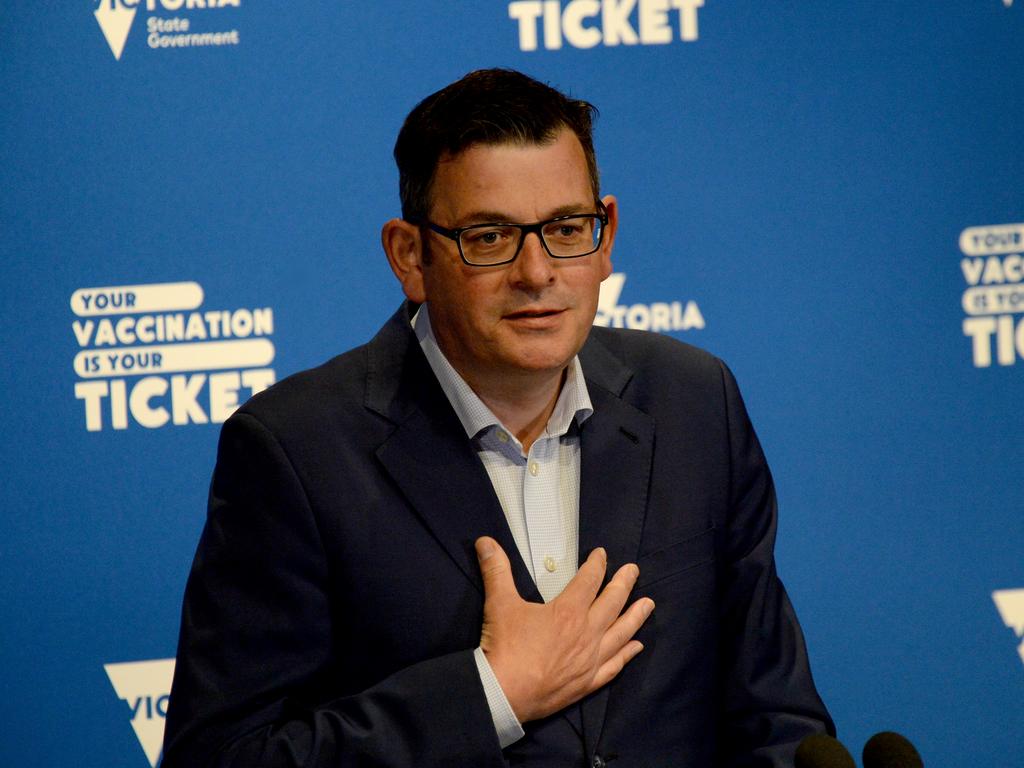
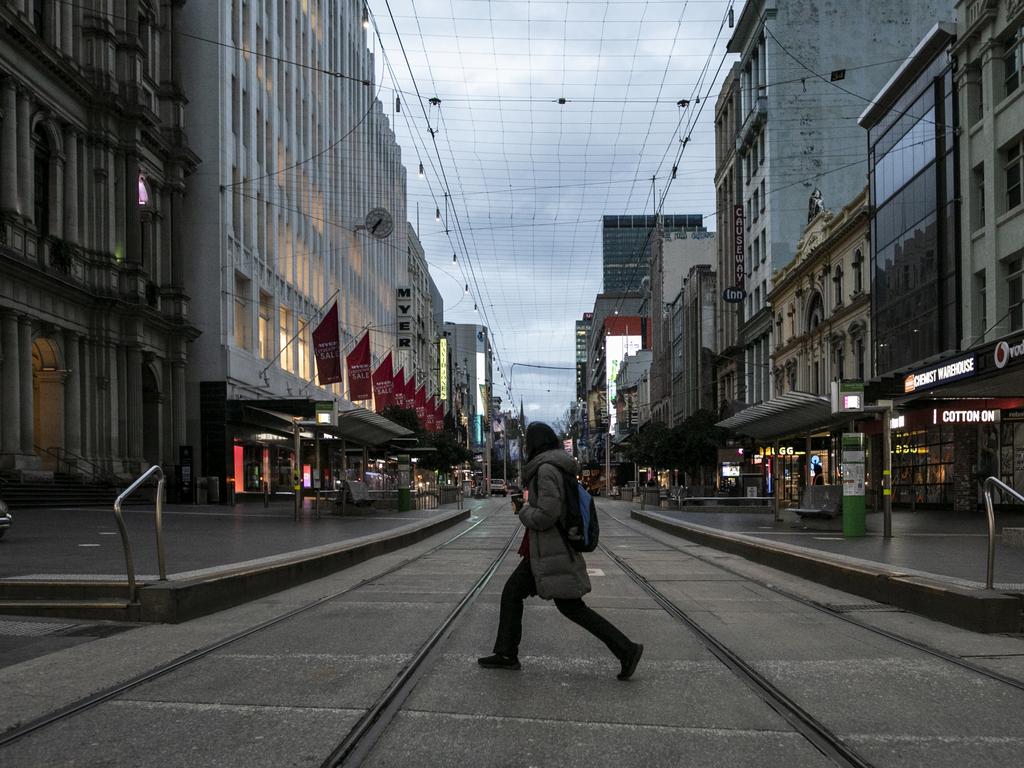


To join the conversation, please log in. Don't have an account? Register
Join the conversation, you are commenting as Logout